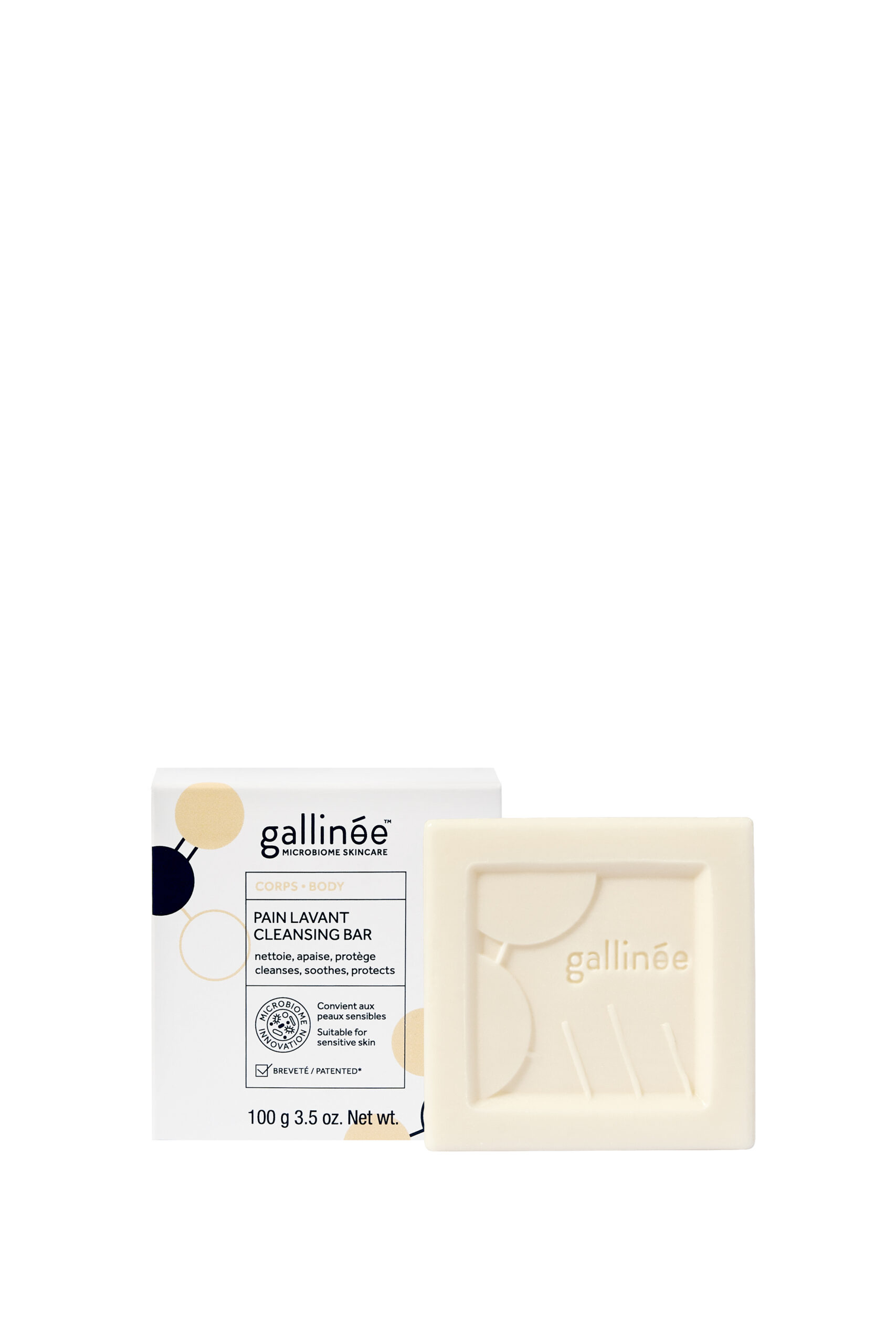Think of your skin bacteria as your own personal rainforest. It needs both caring and protecting.
The microbiome – your body’s healthy bacteria – strengthens your skin’s protective barrier. It limits exposure to allergens, aids in wound healing and defends your skin from UV rays. When you protect and care for your skin the right way, you nourish your microbiome too.
Step 1: Protecting
- Don’t rub your skin too hard when you’re drying it with a towel. Towels can be quite abrasive. For those with sensitive skin, the tugging of a towel can also cause irritations and acne breakouts. Instead, gently pat your face dry with the towel. Your microbiome will thank you for it.
- Don’t use too hot water when washing your face. Excessively warm water will strip off healthy and natural oils from your face. Make sure the water temperature is either lukewarm or cool when cleansing.
- During the night, your microbiome replenishes itself to give your skin the protection it needs. So be gentle when washing your face in the morning. With your fingers, use soft and circular motions while cleansing your face.
- Avoid harsh cleansers that contain irritants such as alcohol, strong fragrances and sodium/ammonium lauryl sulfate. Stick to natural cleansers that have aqua (water) as its main ingredient.
- Don’t over-exfoliate. Exfoliants are great for getting rid of dead skin and revealing a fresher, suppler layer. But doing it every day could damage your skin. Exfoliate your face no more than once a week.
Step 2: Caring
- Avoid using soaps when washing your face. Soaps usually have a higher pH than your skin, causing dryness and dullness. Dehydration is bad for your skin’s long-term appearance and health. Opt for products with a pH level that suits your skin well. Since most skin types have a pH of 5.5, it’s best to go for cleansers with a pH of 5 or slightly lower.
- Moisturise. After cleansing, your skin can lose the moisture it needs for a healthy, vibrant glow. Pat your face dry then apply moisturiser all over your face and neck. Pair your moisturiser with a sunscreen during the day and top off your skincare routine with a hydrating cream at night. Choose moisturisers that enriched with antioxidants, prebiotics and probiotics to help nourish your skin microbiome.
- As important as moisturising is for your face, hydration also needs to come from within. Drink water – lots of it. At least 8 glasses of water a day will keep your skin hydrated and help rid your body of harmful toxins.
- Did you know that interacting with your natural surroundings has a great effect on your skin? Try it. Go outside, spend some time under the sun, pet some animals. If you have a garden, water your plants. Hug trees and get a bit closer to nature. Doing so increases microbial diversity for the best.
- The human microbiome is composed of bacteria that keep your body healthy. Your face needs it too for ultimate protection. Support your microbiome by using products that contain a good amount of prebiotics, probiotics and lactic acid (we know, what a coincidence…). Your microbiome needs all the nutrients it can get so it can protect your skin.





















